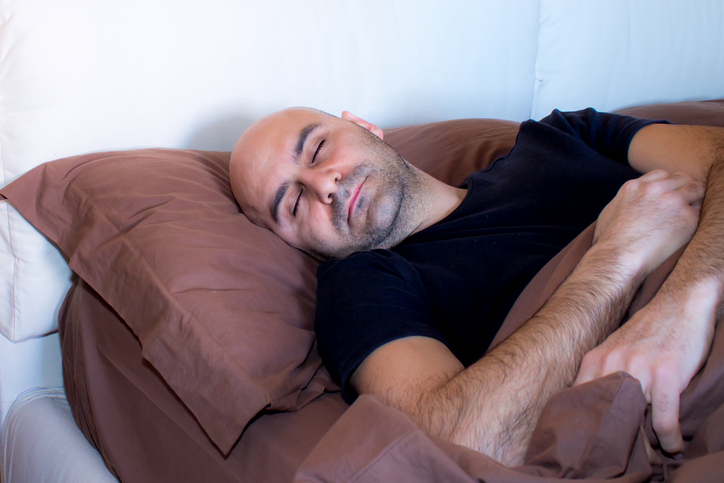
We all know sleep is crucial, but did you know the best bedtime changes as you age? That’s right—your toddler’s bedtime isn’t just a suggestion, and your night-owl teenager might actually have a good excuse. Buckle up (or should we say snuggle up?) as we dive into the ideal bedtime for every stage of life and share some tips for catching those elusive Zzzs.
Babies (0 to 1 year)

Babies need a ton of sleep and tend to hit the sack early, maybe around 7 p.m. to 8 p.m. These tiny humans sleep for about 14 to 17 hours a day. If only adults could get away with that, right? Establishing a routine helps them drift off more easily. A warm bath, a gentle lullaby, and a cozy crib can work wonders.
Toddlers (1 to 3 years)

Little ones aged 1 to 3 should ideally go to bed between 7 p.m. and 9 p.m. They need about 11 to 14 hours of sleep, including naps. Toddlers are bundles of energy, but a predictable bedtime routine helps them settle down. A storybook and cuddle can transform bedtime chaos into a peaceful retreat at these ages.
Preschoolers (3 to 5 years)

Preschoolers need their beauty sleep, too, aiming for 10 to 13 hours a night. The best bedtime is between 7 p.m. and 9 p.m. These kiddos thrive on routine, so consistency is critical. Limit screen time before bed and encourage some quiet play or a calming bedtime story to ease them into sleep.
School Kids (6 to 12 years)

Kids in this age group should hit the hay between 8 p.m. and 9 p.m. for a solid 9 to 12 hours of sleep. Schoolwork and extracurriculars can throw a wrench in their sleep schedule, but a regular bedtime is crucial. Keep the bedroom cool and dark, and establish a tech-free zone to help them wind down.
Teenagers (13 to 18 years)

Teenagers are notorious night owls, but they should aim for a bedtime of 10 p.m. to 11 p.m. and get 8 to 10 hours of sleep. Their internal clocks shift, making it challenging to fall asleep early. Help them out by encouraging a wind-down routine an hour before bed. Dimming the lights and reducing screen time can make a huge difference.
Young Adults (19 to 25 years)

Young adults require 7 to 9 hours of sleep, with an ideal bedtime between 11 p.m. and midnight. Balancing work, social life, and binge-watching can be a challenge. The best sleep strategy is to adhere to a consistent sleep routine as much as possible and create a relaxing pre-sleep ritual like reading or listening to soothing music.
Adults (26 to 64 years)

For adults, a bedtime between 10 p.m. and 11 p.m. is recommended to get 7 to 9 hours of sleep. Stress and responsibilities often disrupt sleep, but a good routine helps. Limit caffeine intake in the afternoon and establish a calming bedtime environment.
Older Adults (65+ years)

Seniors should seek 7 to 8 hours of sleep, with an ideal bedtime around 9 p.m. to 10 p.m. Sleep patterns change with age, often resulting in lighter and shorter sleep. To improve sleep quality, engage in regular physical activity and avoid heavy meals before bed.

Comments
Loading…